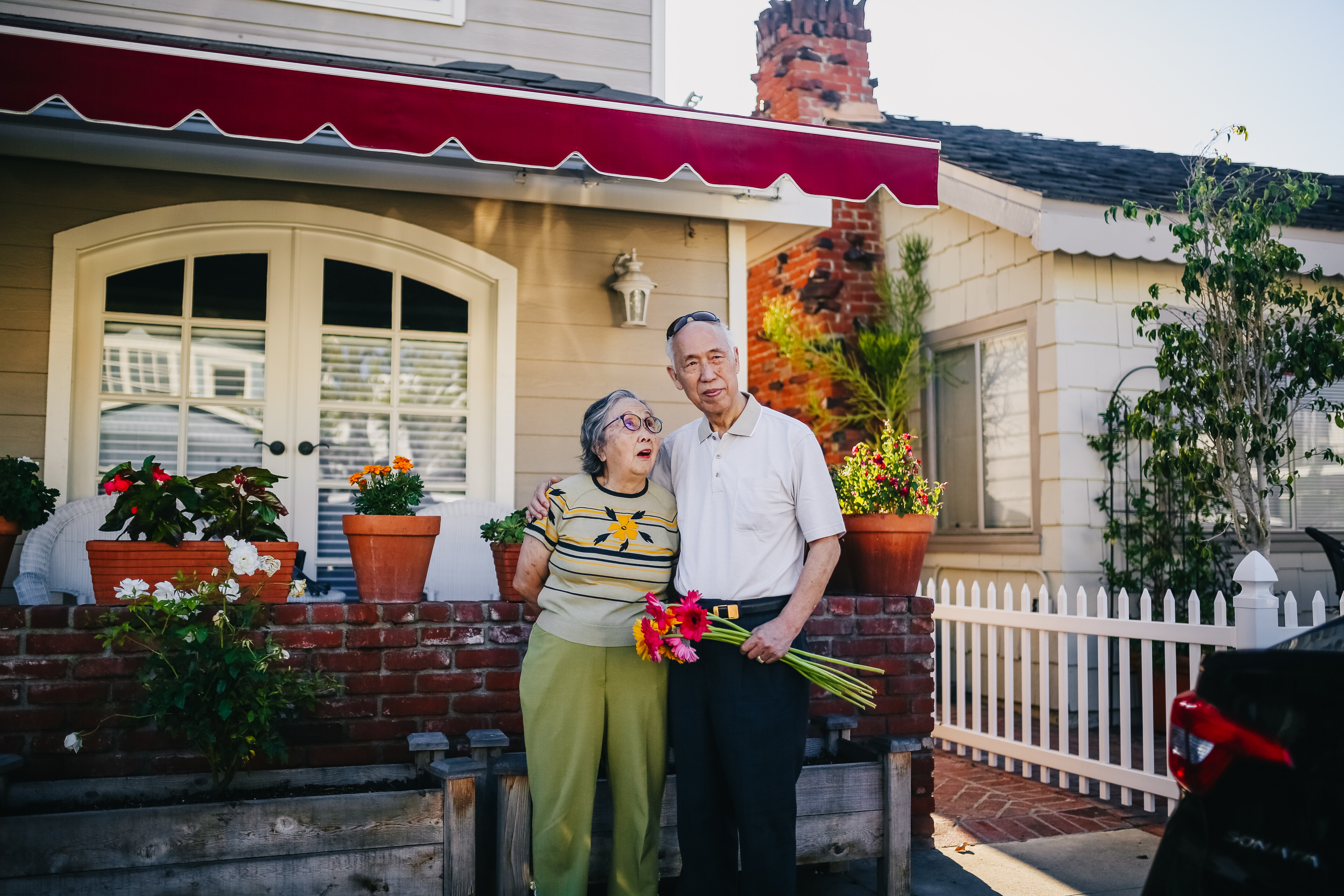
Independence is important to most adults, and seniors are no different. Many senior citizens prefer to stay in their family homes and avoid relying on others for their daily needs. However, it can get harder for older people to remain self-reliant. As family members and caregivers, we should try to empower and facilitate them as much as we can. Here are some tips to help seniors stay safe and comfortable in their own homes.
Schedule check-ups
Regular medical check-ups are essential. They can help identify potential health issues early and prevent small problems from developing into hard-to-treat illnesses. Since many seniors are unwilling or unable to travel for medical appointments, making this type of care as easy as possible is a great way to get involved. You can help to schedule regular medical appointments and transport your senior loved one to the consultations. Some seniors can be nervous when it comes to going to see the doctor, so your presence can be reassuring. If required, you can also help to answer or explain any questions that they may have.
Source specialized equipment
Some older people need specialized medical equipment to live independently. For example, they may need hearing aids to enhance their hearing or oxygen equipment to help them breathe easier. During their specialist medical appointments, doctors may recommend these types of items as part of an overall care plan. You can help your loved one navigate this process by researching options and discussing their feelings about using these items. They will usually be happier to try something new if they are given the chance to make an informed decision.
Ensure a safe environment
If your senior loved one will be staying alone in their home, you must ensure that their living environment is safe and accessible. This may involve installing grab bars and adequate lighting to prevent falls. Certain areas such as the bathroom and kitchen may need to be remodeled to accommodate their needs. Small touches, such as moving the lighting switches lower to the ground and placing non-skid mats on slippery tiles, can make the home much safer. As seniors can be sensitive to temperature change, ensure that the heating and cooling systems in the house function well and are easy to adjust.
Teach technology
Technology can help seniors stay independent by providing them with access to a range of services and entertainment. Telemedicine can be used to refill prescriptions and social media apps can be used to stay connected with relatives. Your senior loved one may be hesitant to embrace new technology so you can help by demonstrating how to use these gadgets. There are pros and cons to each type of technology—for instance, smartphones are convenient to carry but their screens can be too small for seniors. Be sure to evaluate the options with your loved one to find something that works for them.
Facilitate socialization
Studies have shown that social isolation can lead to depression and other health problems. Encourage seniors to leave their homes regularly and participate in social activities. There are many activities that seniors can enjoy such as volunteering, playing with grandchildren, or attending religious events. Check with your local community center to find out what events are available in your neighborhood. There may be a senior citizens club that your loved one will enjoy. You can also organize gatherings or family outings to help them stay connected to other people.
Encourage exercise
Physical activity is beneficial for seniors and it can help to prevent a range of conditions such as heart disease and osteoporosis. Encourage seniors to exercise regularly to maintain their health, strength, and balance. This will allow them to live independently for longer. Some great physical activities for seniors include walking, swimming, or tai chi. These are low-impact exercises that can still bring many positive rewards. Exercising is also a good way to meet other people. If your loved one does not like exercise as an activity, gardening or walking the dog are also ways to stay active.
Promote healthy eating habits
Cooking for only one or two can feel like a chore, but it is important to encourage healthy eating habits. Remind your senior loved one to eat plenty of fruits, vegetables, whole grains, lean proteins, and healthy fats. They should limit their intake of alcohol and processed or sugary foods. As metabolism slows down with age, seniors should pay attention to portion sizes to avoid excessive weight gain. Seniors with chronic health conditions such as high blood pressure may need to follow a specific dietary plan. Be sure to consult with their doctor to develop a meal plan that will help them stay well.
Set up a support system
If your senior loved one is staying alone, you must create a support system to monitor their condition and respond quickly in times of need. Aside from checking in regularly, speak to the neighbors and ask them to look out for your loved one. Assist with errands or household tasks and consider hiring a professional caregiver if the senior requires more extensive support. Equip your loved one with a medical alert system that allows them to contact you or emergency services with the touch of a button. With planning and care, you can help them to stay independent, safe, and happy for a long time.
